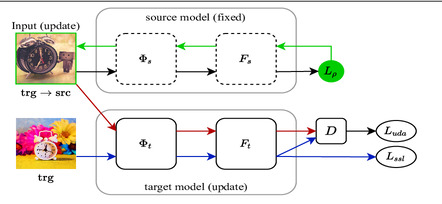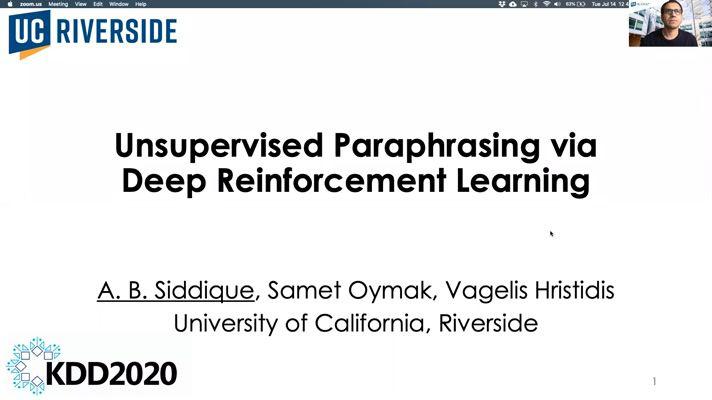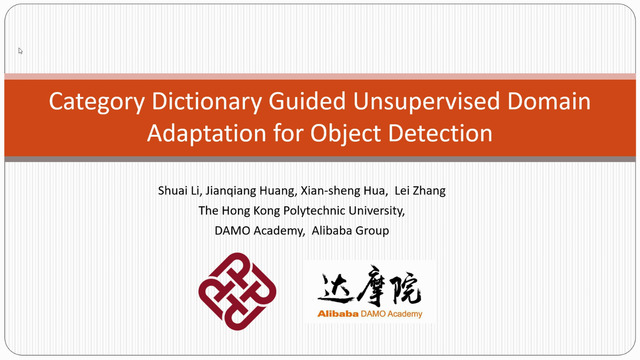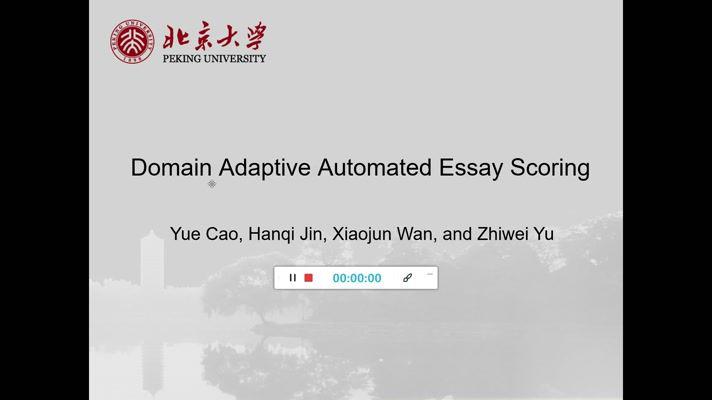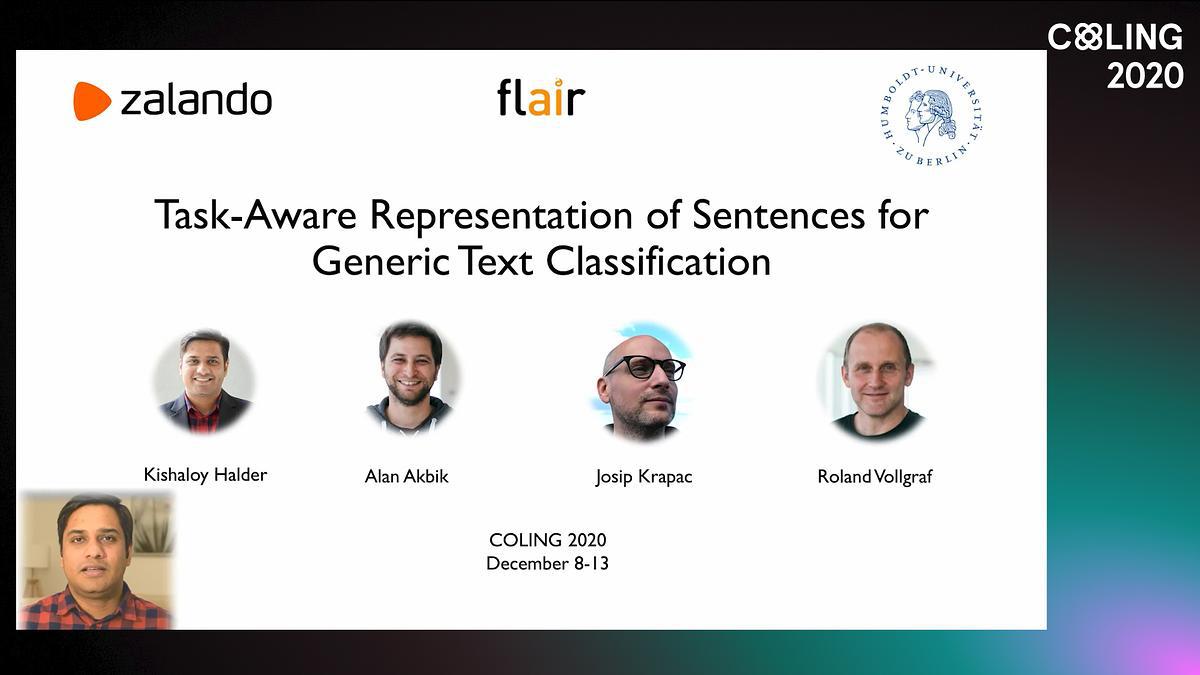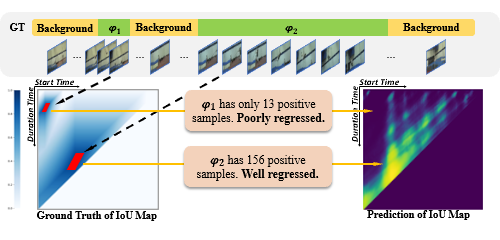Abstract:
Cross-domain sentiment classification aims to address the lack of massive amounts of labeled data. It demands to predict sentiment polarity on a target domain utilizing a classifier learned from a source domain. In this paper, we investigate how to efficiently apply the pre-training language model BERT on the unsupervised domain adaptation. Due to the pre-training task and corpus, BERT is task-agnostic, which lacks domain awareness and can not distinguish the characteristic of source and target domain when transferring knowledge. To tackle these problems, we design a post-training procedure, which contains the target domain masked language model task and a novel domain-distinguish pre-training task. The post-training procedure will encourage BERT to be domain-aware and distill the domain-specific features in a self-supervised way. Based on this, we could then conduct the adversarial training to derive the enhanced domain-invariant features. Extensive experiments on Amazon dataset show that our model outperforms state-of-the-art methods by a large margin. The ablation study demonstrates that the remarkable improvement is not only from BERT but also from our method.


